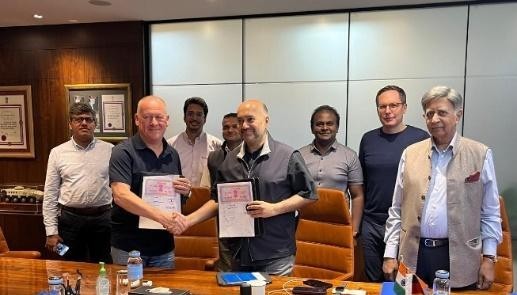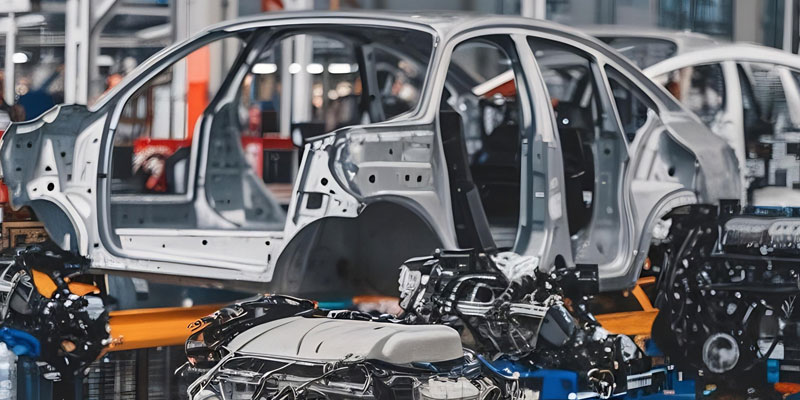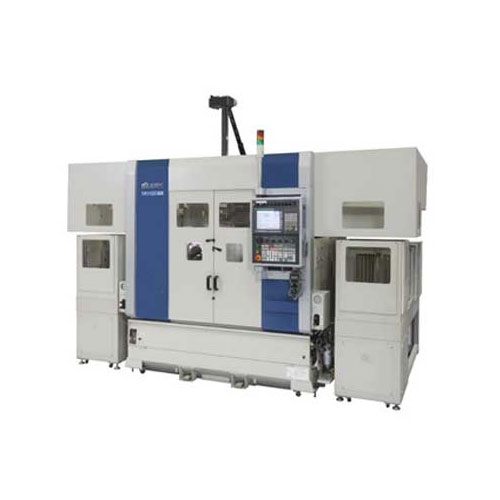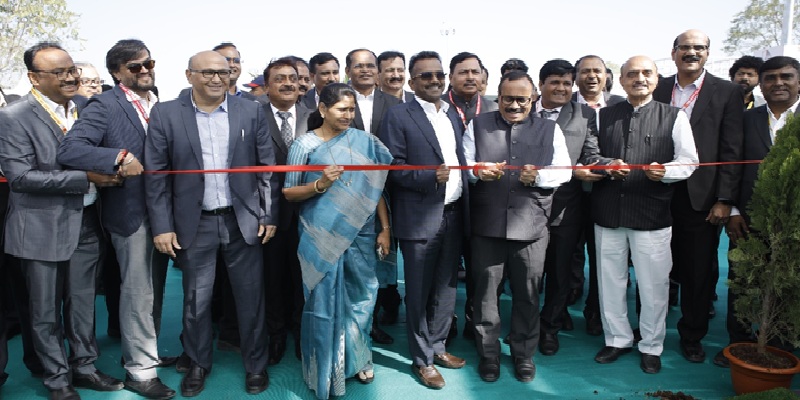Schedule a Call Back
Festo is committed to shape the future of automation: Frank Notz
 Articles
Articles- Apr 29,25

Related Stories

German Chancellor Friedrich Merz Visits Bosch India Campus in Bengaluru
German Chancellor Friedrich Merz visited Bosch’s Bengaluru campus, highlighting India–Germany collaboration in innovation, hydrogen mobility and advanced manufacturing.
Read more
Bharat Forge and Agile Robots sign MoU to Advance AI-Led Industrial Automation
The MoU brings together Bharat Forge’s manufacturing expertise and Germany-based Agile Robots’ AI-led robotics capabilities to accelerate intelligent automation across key civilian industrial se..
Read more
EV transition and tariff wars redefine India’s auto components play
India’s auto component industry is poised to hit $ 145 billion by FY30 from $ 80 billion in FY25. Yet high US tariff, EV transition and heavy reliance on imports from China expose vulnerabilities,..
Read moreRelated Products

Compact Fmc - Motorum 3048tg With Fs2512
Meiban Engineering Technologies Pvt Ltd offers a wide range of Compact FMC - Motorum 3048TG with FS2512.

Digital Colony Counter
Rising Sun Enterprises supplies digital colony counter.
Robotic Welding SPM
Primo Automation Systems Pvt. Ltd. manufactures, supplies and exports robotic welding SPM.















